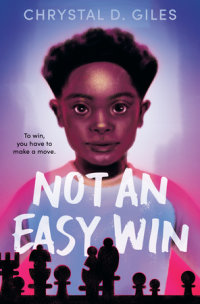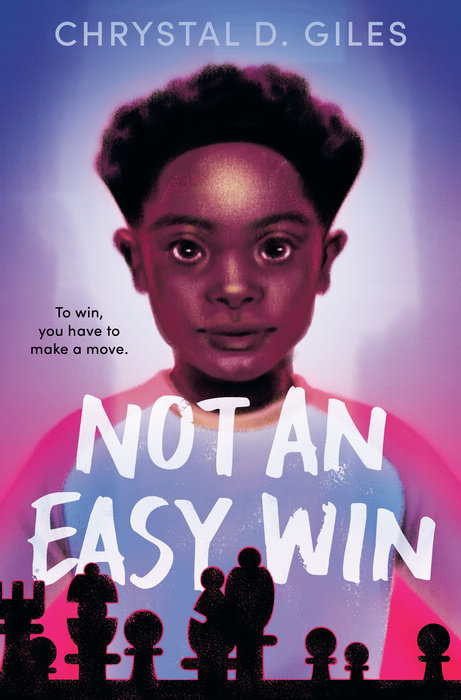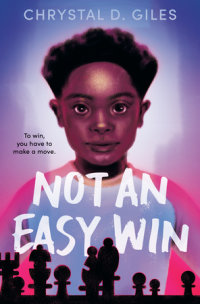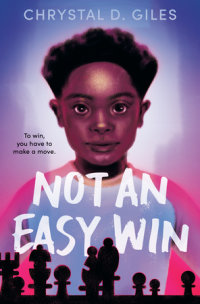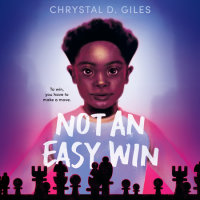Chapter One
Expelled. I was pretty sure that meant I was being kicked out of school—forever.
Principal Spacey didn’t even bother to look at me when he handed the sentence down. I’d been warned after my last fight: “The next time you walk into my office will be your last,” he’d said.
That was just four weeks ago, when I’d had six fists pounding my head into the pavement. I wouldn’t call that a fight; it was more like a beatdown. This time it was just two fists and one foot. I was able to escape before it got too bloody—I even threw a couple of punches of my own. I had actually become pretty good at taking hits: my skin had gotten harder to hurt. But like Mr. Spacey said, it didn’t matter who’d started the fight, just that it had happened. And it had happened to me one too many times. Even if Billy Jakes had gotten into just as many fights.
Mr. Spacey treated our school like it was some kind of jail. He was the…
Chapter One
Expelled. I was pretty sure that meant I was being kicked out of school—forever.
Principal Spacey didn’t even bother to look at me when he handed the sentence down. I’d been warned after my last fight: “The next time you walk into my office will be your last,” he’d said.
That was just four weeks ago, when I’d had six fists pounding my head into the pavement. I wouldn’t call that a fight; it was more like a beatdown. This time it was just two fists and one foot. I was able to escape before it got too bloody—I even threw a couple of punches of my own. I had actually become pretty good at taking hits: my skin had gotten harder to hurt. But like Mr. Spacey said, it didn’t matter who’d started the fight, just that it had happened. And it had happened to me one too many times. Even if Billy Jakes had gotten into just as many fights.
Mr. Spacey treated our school like it was some kind of jail. He was the warden instead of the principal, always walking around talking about maintaining law and order. He couldn’t wait to get rid of me (and only me).
I could hear the frustration in Ma’s voice from my spot outside Mr. Spacey’s office. “Please give him one more chance,” she said. “Please.” I hated hearing her beg, especially since it wouldn’t help.
This was my last chance.
I’d tried to get Ma to transfer me to another school after the last fight. Andrew Jackson Middle School was no place for me. I never fit in here, and I never would.
I sat there listening to him explain to Ma that I was a distraction and he wouldn’t tolerate my disregard for the rules he’d put in place for his school. He dismissed her (and me) by saying, “That is all.”
Ma held her head up high and walked out of his office, past me in the waiting area, past the pale-faced office ladies, and out the front door. I slow-walked behind her, waiting to hear how this was all my fault.
“Now what you gonna do?” Ma asked me after we were out of earshot of the nosy office people.
Me? What about them? I shrugged. I didn’t know what I was gonna do and I didn’t care.
Honestly, I hoped I’d never see this place again.
Ma went on talking, more to herself than to me. “You wasting my gas, comin’ back and forth up here to this school . . .”
And just like that, this was my fault. I looked forward and kept walking toward the parking lot. With each step, I winced. A rib shot was the worst kind of pain—way worse than a shot to the face.
When we got to the car, I hesitated. Ma was in a fussing mood, and I’d have to listen to this all the way to Granny’s house.
“Get in!” Ma yelled. Her calm was completely undone now. “You’re twelve years old . . . too old for this!”
I went over to the passenger side of the car and waited for Ma to open the door. That door didn’t open from the outside anymore. It had just stopped working one day. No one knew why, but that was probably my fault too.
“The only job you have is to go to school, and you can’t even do that!” Ma started in again. “If you aren’t in school, you’ll have to find some kind of way to help out. Your granny won’t let you sit around the house all day.”
“I can just leave,” I said under my breath.
“Where you gonna go?” Ma spat out.
I didn’t have an answer.
I stared out the window into the gloomy air—the gray skies stared back. She was right: I was trapped. We rode in silence for exactly twenty-two minutes before we turned off the main road onto bumpy Polk Lane. Granny’s street wasn’t a dirt road, but it wasn’t smooth pavement, either. After lots of driving on and no fixing, it was mostly broken-up pieces of asphalt now.
Ma pulled off the cracked road into Granny’s gravel driveway and turned the car off.
She let out a deep breath.
“Look, Lawrence, this ain’t all on you. Life is hard, and we’ve had a double dose of hard lately.” Ma’s voice was softer now—her version of an apology. I knew I’d never get the real thing. Ma wasn’t the apologizing type.
Whenever I did something wrong, I had to apologize. I wasn’t sure why adults didn’t have to.
For a moment, I’d forgotten about my stinging left eye. It would double in size if I didn’t get ice on it soon. I sat in the thick air of Ma’s car waiting for her to ask about it or at least see if I was okay.
Two long minutes passed—silence.
“All right, let’s just go in and get it over with.” Ma sighed. “If she says something, we’ll just say it wasn’t your fault.”
It wasn’t my fault! I wanted to yell out. But I knew it wouldn’t matter. No one cared about what had really happened. No one cared that I’d had a huge target on me since the day I started at that school.
Everyone just looked at me like I was the problem.
